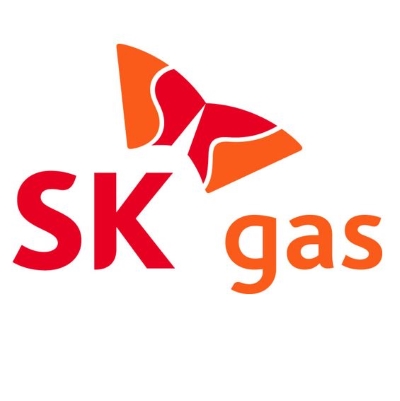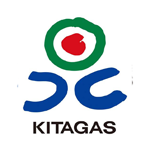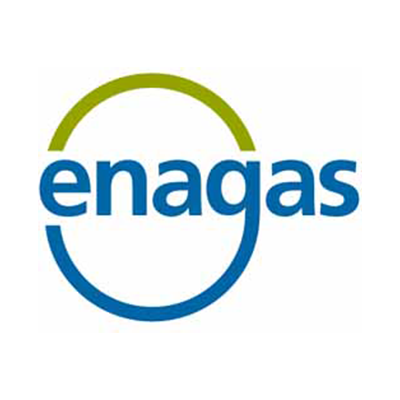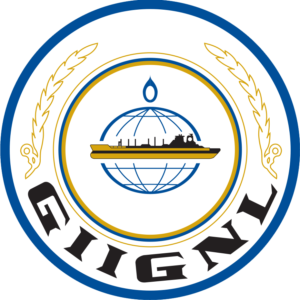GIIGNL Feedback to Panama Canal Authority
July 10, 2015
On June 26, GIIGNL received a request from the Panama Canal Authority, asking for support in developing their scenarios for the new booking system on the canal.
In particular, the ACP wanted to know what would be the ideal notice time from the point of view of a shipper in order to schedule a transit through the canal.
After consultation of the GIIGNL Commercial Study Group, GIIGNL replied that it seems that one of the primary concerns of shippers is to have to face waiting time on the Canal. In some instances, given the fact that a good proportion of LNG imports are made under medium or long-term agreements, some shippers may want to secure slots and book early in order to arrange their fleet movements. In that case, 20 to 30 days in advance at least would be needed. In some cases and if there is no foreseen risk of delay, the ideal minimum time would mainly be a function of the sailing time between the loading point and the unloading point. Generally speaking, GIIGNL expressed the opinion that from a shipper’s standpoint, the shortest notice possible would be preferable.
As an example, the most restrictive navigation is at 19 knots from loadport to the Canal:
> Sabine Pass ; 3,34 days
> Corpus Christi; 3,54 days
> Port of Spain; 2,59 days
> Pampa Melchorita; 3,21 days
> Mejillones; 4,68 days
In this context, a transit reservation should be done 3 days in advance or so on average.
In conclusion, GIIGNL expects that the booking and priority mechanism in the new Panama Canal be the same as the current one which has already been applied to the transits of the current Panama Canal.
In addition, GIIGNL would request that the Panama Canal Authority provide more flexibility and lower fees for rescheduling or cancelling the bookings of the transits in the new Canal than in the existing one.





















































































